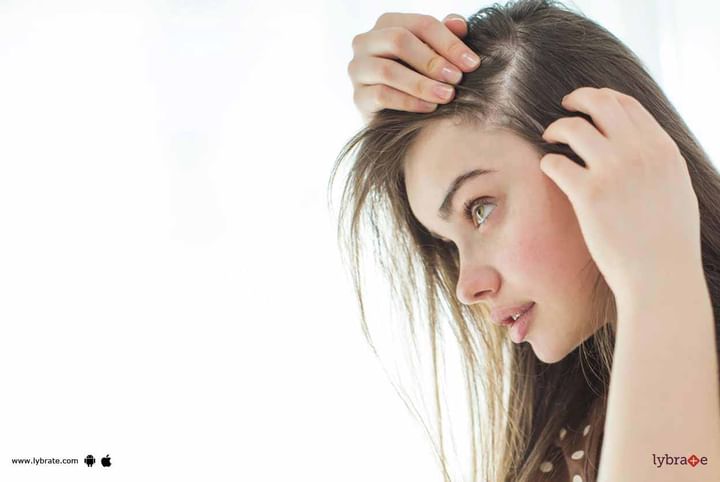Fungal Infection On Scalp - Ways To Treat It!
Ringworm of the scalp usually affects children. This is a common type of a fungal infection of the scalp and has nothing t-d-with the worms as the name suggests. This is treated with antifungal medications and though the antifungal shampo-is not to-effective, it might be advised along with medication.
Causes of scalp ringworm:
1. Most of the times a ringworm infection is caught by person t-person through sharing towels and touching. The fungi and its spores can remain alive on brushes, combs, sheets, furniture and unwashed towels for long. Some people are only carriers of fungi, meaning that they carry the fungi and its spores in their hair and skin but d-not have any infection and symptoms. But they might pass these fungi t-others wh-may develop the symptoms.
2. From pets like cats and dogs wh-are very prone t-fungal infection of the skin. They easily pass their infection t-children and other family members. Farms animals are als-a source of fungal infection
and if the farm gate is touched where the infected cattle pass, is enough t-cause infection.
3. Also at times, there is no reason and fungi infection can just happen out of the blue. Like for example, the fungi spores can get transmitted through air, they might get int-the air by an infected person and land on someone else's head. This can develop int-fungi and cause infection.
Symptoms of scalp ringworm:
1. The infection looks more like dandruff, a severe form of dandruff in different parts of the scalp. This is often mistaken t-be psoriasis.
2. In some infection there is loss of hair leading t-bald patches. These patches become scaly and inflamed. The patches might have broken off small hair.
3. Several painful pustules and boils occur on the scalp
4. In severe infection there is boggy swelling of some part of the scalp, which is known as kerion. This might be tender and oozing, and if not treated can lead t-hair loss and permanent scarring.
5. In severe infections like with pustules and kerion, one might develop high fever and the glands of the neck might swell.
Treatment of scalp ringworm:
The treatment of the fungal infection of the scalp involves the following:
1. Antifungal Medicines: These are usually taken in the form of tablets. The following are advised:
2. Griseofulvin: This is often the first choice and a course of 8-12 weeks is required. The tablet can be crushed and taken with water.
3. Terbinafine: The course for this is four weeks and is important t-complete the course in order t-get rid of the infection.



+1.svg)
